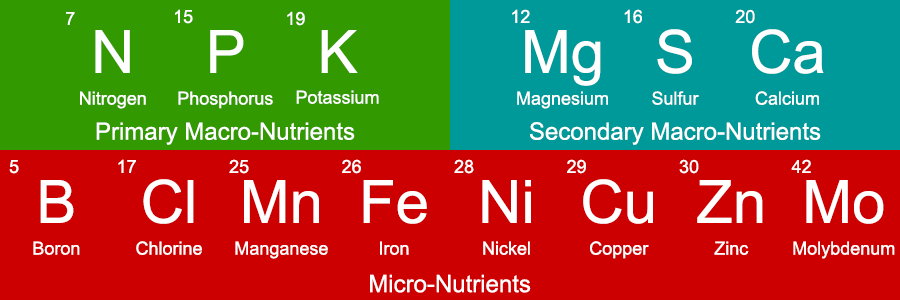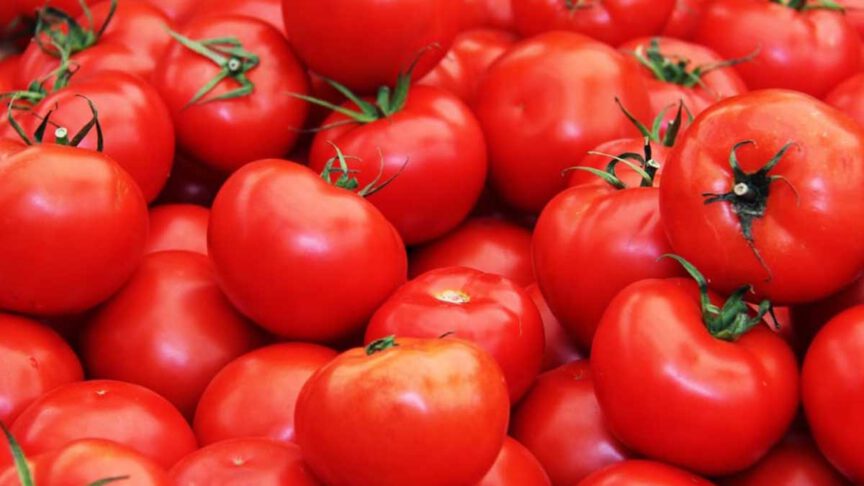Hydroponic plants are grown in a soil-less media composed of water and nutrients. You can achieve desirable results in a hydroponic growing system, because plants dedicate their energy to vegetative growth and fruit production rather than extracting nutrients from the soil.
Fruiting plants in Hydroponics
Just about any fruit can be grown using hydroponics but some fruits perform better than some others in hydroponic conditions. Fruits that need very acidic soil conditions grow better in hydroponic systems since it is much easier to control the nutrient content and pH levels there. Also fruits that thrive well in wet conditions do very well in a hydroponic environment.
Here are some fruits suitable for hydroponic growing:
Strawberries
Strawberries are popularly grown in commercial hydroponic productions. They grow well in wet conditions making them suitable for hydroponic growing. Strawberries can be harvested all year round. They produce bigger fruits in this way than when grown in soil. Strawberries contain antioxidants and vitamins which help in protect against diseases.
Blueberries
Blueberries, which are rich in vitamins, require high acidic conditions to grow well, and this makes them suitable for hydroponic growing since the nutrients and the pH of a hydroponic system can be easily controlled. These berries are also rich in antioxidants which help and protect the central nervous system.
Cucumber
Cucumber thrives well in wet conditions, making it a good choice for hydroponic growing. It is a rich source of micro-nutrients, vitamins and folic acid which are effective in metabolism regulation and cholesterol reduction in the body.
With the required quantities of light and space, cucumber tends to perform excellently well in hydroponic systems.
Tomatoes
Tomatoes are generally considered as vegetables but botanically regarded as a fruit. They require a small amount of ground space making it an ideal fruit for hydroponics. They can be harvested all year long and also retain their taste if they are adequately provided with the right amount of light and nutrients. Tomatoes are a rich source of vitamin A, C and antioxidants.
Grapes
Grapes are widely harvested for making wines. They grow well in a these system if well-supported. Grape is regarded as a warm fruit. It requires good amounts of light and adequate flow of nutrients.
The ebb and flow hydroponic system is suitable for growing grapes. Grapes are packed with nutrients and high antioxidants that help prevent chronic diseases.
Some other fruits like Cantaloupe, Watermelon, Blackberries, and Raspberries can also be conveniently grown in hydroponic systems.

Nutrient requirements in hydroponic
Hydroponic nutrients are basically plant nutrients that are suitable for plants grown in a hydroponic system. Due to the soil-less conditions of these systems, the plants get their essential nutritional requirements from soluble nutrients.
Nutrients required by plants are grouped into two: macronutrients and micronutrients. Nitrogen, Potassium and Phosphorus (NPK) are primary macronutrients. Calcium, Carbon, Magnesium, Sulfur, Hydrogen and Oxygen are secondary macronutrients. The micronutrients include Iron, Copper, Manganese, Zinc, Molybdenum, Boron, Chlorine and Nickel.
These nutrients are mixed with water and then applied in adequate quantities to the plants roots at set times daily.
You can find more details about plant nutrients here!
Conclusion
It is important for you to know what nutrients your plants need as different plants have different nutritional requirements. Carefully prepare the hydroponic nutrient solutions that will aid your plants’ growth.
Note that, since the roots of your plants are exposed, excess availability of any nutrient may harm them. Apply the exact quantity of each hydroponic nutrient needed.
I hope this article has helped you in understanding the nutrient requirements for your systems’ fruiting plants.

